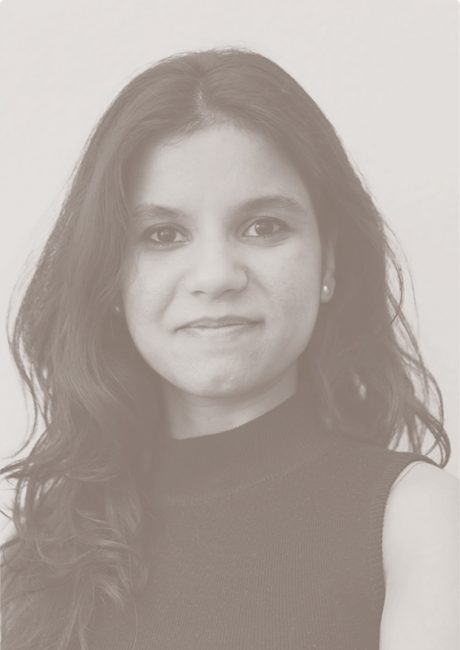
KU Eichstätt-Ingolstadt
Am Marktplatz 2
85072 Eichstätt
shruti.malik@ku.de
Shruti Malik is an architect and researcher from the University School of Architecture and Planning, India, with a focus on spatial socio cultural practices and spatial connotations. She holds an M.A. in Arts from the University of Applied Sciences, Berlin, in the field of Media Space which stands at the intersection of data, digital technology and new media with space.
Her research on settlement studies, city mapping and spatial practices, ‘Spatial transformations – a study of Bundi’ has received an IF award by the Institut für Gestalterisches Forschen at UE, Berlin. Shruti is an active member and has taught seminars on ‘Design for spaces and spatial design practices’ within the international collaboration between Indian Design University, UPES Dehradun, and UE, Berlin.
Combining Architecture, interaction, art and technology, her current research focuses on anthropology, sociology and responsive design trends in creating places in the metropolitan city scape across various cultures. She is passionate about the bi-directional influence of socio-cultural practices on technology, communication and their impact and influence on the usage and creation of a new ‘type’ of place.
Guided Walking tours, Practice of place
Urban walking in its very practice has been positioned as an aesthetic practice, as a subject of research and both a critical tool of inquiry in different fields of study. Walking, while a means of urban production, is also a fundamental form of embodied sense and meaning making in the world. The central notion of my dissertation is that Walking always happens in place or is a practice of place. Therefore, the knowledge production and meaning making that happens in walking tours is in relation to/and of place. Walking makes visible ones relationship with place.
Drawing on that, my research attempts to explore the relationship between walking and place by focusing on how implicit and explicit knowledge production and meaning making happens in Guided walking tours. This is achieved through ethnographic study of the socio-cultural, political practices embedded within and emerging from the practice of Guided Walking Tours in the cities of Berlin and New Delhi. Guided walking tours embody aspects of performance and connects different touristic sites, heritage sites, places of memorials together with the act of storytelling and the bodily practice of walking.
Directed in the past, GWT are bound in place and grounded in the intentional practice of historical imagination to produce knowledge, inherently transforming the citizen’s relation to the place and reflexively practicing the place by representing and re-living history.
The research investigates how they form the context of iconinsing selected sites while leaving out others. It critically questions and understands the practice of ‘placing’ history and ‘remembering’ or knowing places ( historic in nature) through the epistemic subject of walking.